Charles Bukowski
Nascimento : 1920-08-16, Andernach, Germany
Morte : 1994-03-09
História
Henry Charles Bukowski was a German-American poet, novelist, and short-story writer. His writing was influenced by the social, cultural, and economic ambiance of his home city of Los Angeles.
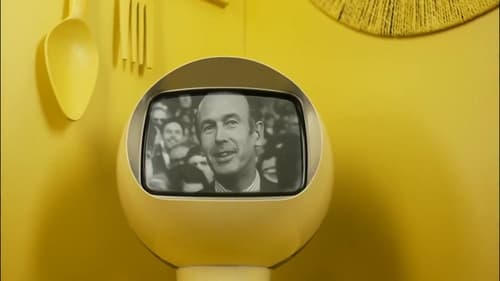
Self (archive footage)
In May 1974, Valéry Giscard d'Estaing became President of the Republic and wanted to bring about a new era of modernity. One of his first decisions was to break up the ORTF with the creation of three new television channels: TF1, Antenne 2 and FR3. Three new public channels but autonomous and competing. It is a race for the audience which is engaged then, and from now on the channels will make the war! This competition will give birth to a real golden age for television programs, with variety shows in the forefront. The stars of the song are going to invade the living rooms of the French for their biggest pleasure. This unedited documentary tells the story of the metamorphosis of this television of the early 1970s, between freedom of tone, scandals, political intrigues and programs that have become mythical.

Writer
Death follows a poet for his whole life, being a parasite to the poet.
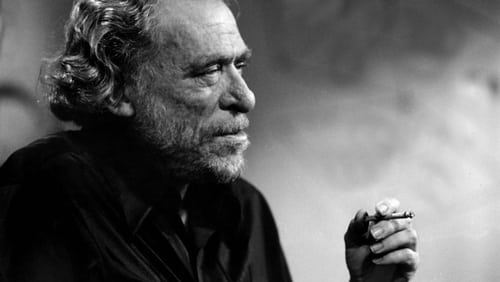
Himself ( voice )
Henry Charles Bukowski (born Heinrich Karl Bukowski; August 16, 1920 – March 9, 1994) was a German-American poet, novelist, and short story writer. His writing was influenced by the social, cultural, and economic ambience of his home city of Los Angeles. His work addresses the ordinary lives of poor Americans, the act of writing, alcohol, relationships with women, and the drudgery of work. Bukowski wrote thousands of poems, hundreds of short stories and six novels, eventually publishing over 60 books. The FBI kept a file on him as a result of his column, Notes of a Dirty Old Man, in the LA underground newspaper Open City. In 1986 Time called Bukowski a "laureate of American lowlife".Regarding Bukowski's enduring popular appeal, Adam Kirsch of The New Yorker wrote, "the secret of Bukowski's appeal. . . [is that] he combines the confessional poet's promise of intimacy with the larger-than-life aplomb of a pulp-fiction hero."

himself ( voice )
In this Bukowski poem entitled, "The Shoelace Poem," Bukowski invites the listener/reader to feel less alone in the insanity created by the simple, mundane string of ordinary life events. Sometimes it isn’t massive life tragedies that push someone over the edge. Sometimes it's just one too many broken shoelaces. And we should give everyone the benefit of the doubt, assuming we have likely all broken that last shoelace.

Author
1973, San Francisco. Charles Bukowski, underground poet and punk ahead of his time, reads his poem Love to a wild audience who've come to see the pulp writer's provocative performance. But that day, instead of a punk they find a broken man hungry for love.

Himself
1973, San Francisco. Charles Bukowski, underground poet and punk ahead of his time, reads his poem Love to a wild audience who've come to see the pulp writer's provocative performance. But that day, instead of a punk they find a broken man hungry for love.

One afternoon, Bukowski sat down to record the audio version of his classic, Run With the Hunted. The session took place in his home with his wife by his side. These are the outtakes.

Himself
A long night spent drinking, smoking, and talking about sex, literature, childhood and humanity with irreverent writer poet Charles Bukowski in his California home in 1981. A story of video tapes lost, then found, and brought back to life.
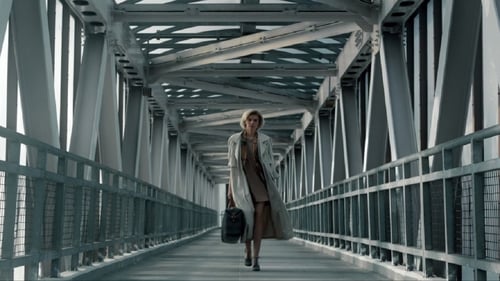
Story
The main character passes through difficulties in his love life, coming to the conclusion that happiness with the woman of his life is unattainable.

Poem
BEER is a free interpretation of the poetry “Beer” from Charles Bukowski. The composition is a manifesto of the author’s way of life, this is why we decided to go inside the author’s mind, and it is not a safe journey. A brain solo without filter, a tale of ordinary madness, showing how much loneliness and decadence can be hidden inside a genius mind.

Author
A film by Kayhan Lannes Ozmen, based on the poem "Girl on the escalator" by Charles Bukowski.
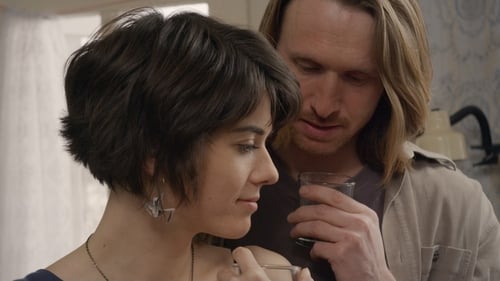
Original Story

Writer
From a Charles Bukowski poem

Story
Violent youth is a film about a group of children who are struggling in a society. The story takes place in the Nineties years, when Macedonia was at a crossroads in its independence and forming their own way. Period of transition and proof… The story takes place in the capital of its margin, in a small stubburn. The main character is a picture of alienation and a photo forgotten and disbanded youth. Youth - no idea and direction, no time in which it could be priced.

Short Story
Charles Chinaski is a guy with many problems and feels responsible for most of them: women, alcohol, his hostility towards certain groups of people. One day, he decides to consult the first doctor he comes across.

Short Story
After we've seen war-footage come raining upon us at ferocious speed, the image suddenly shifts into an desolated bar, showing the same footage on an bar-TV, whilst an bartender unknowingly cleans beer-glasses. Charlie, the films protagonist, is then seen driving his car towards this particular bar. The sun is breaking while Charlie parks outside Dick Turpin's pub. After sitting down and ordering a beer, Charlie starts recounting his steps before arriving at the pub.

Self (archive footage)
Based upon Vincenzoni's biography, "Pane e cinema", the documentary traces the story of the screen play writer who invented many stories that became blockbusters throughout the world.

This is the last poetry reading Charles Bukowski gave outside the US. It was video taped in 1979 by local promoter Dennis Del Torre.
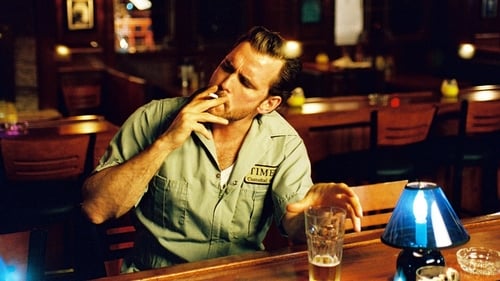
Novel
Hank Chinaski, alter-ego fictício de Charles Bukowski, vagueia por Los Angeles tentando viver de empregos que não interferem com seu interesse principal, que é escrever. Ao longo do caminho, ele se afasta das distrações oferecidas pelas mulheres, bebidas e jogos de azar.

Writer
A boozy writer hammers away on his Underwood, recalling a childhood in which his abusive father kicked him out of the house for writing short stories. Based on the poem by Charles Bukowski.

Writer
Animated adaptation of the Charles Bukowski story.

Himself
Born Into This é o último e mais abrangente documentário sobre a vida do escritor e poeta Charles Bukowski (1920-1994). Nele os fãs irão descobrir o Bukowski que eles sempre imaginaram, e entender como ele realmente foi. O filme traça a sua vida extraordinária, desde abuso infantil, seguindo através décadas de pobreza e alcoolismo, numerosos postos de trabalho, relações turbulentas, empregado nos correios por 14 anos e seu eventual reconhecimento internacional como poeta, romancista e ícone cult do movimento underground. Em sua vida, Bukowski se tornou mais conhecido quando foi roteirista do longa-metragem Barfly, que relata os fatos ocorridos na vida de seu personagem autobiográfico Henry Chinaski.

Writer
A Charles Bukowski poem is put to animation. Four kids who are friends are drawn to a strange house that their parents tell them to avoid. One day they see a man of about 30 step outside, cigar and whiskey bottle in hand. He becomes a symbol for them of all that is strong, natural, and beautiful. What happens later to this man with the beautiful eyes introduces the boys to the gray and uptight world of adulthood that awaits them.

Himself
BBC documentary on the brutally honest writer/poet Charles Bukowski.
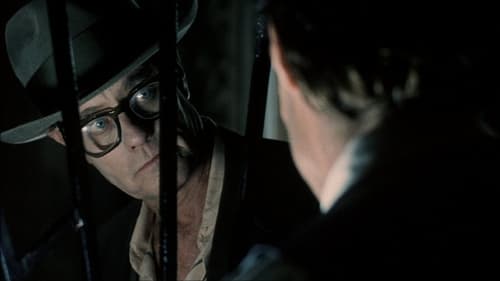
Story
Based on a short story by Charles Bukowski from the collection "Tales of Ordinary Madness."
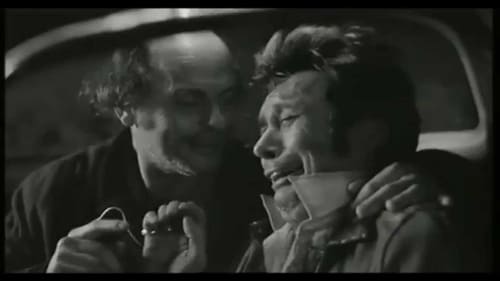
Writer
Simon and Dede are best friends: two aimless drunks who spend their days getting sloshed and any other available time getting laid. Simon is living on unemployment benefits in a trailer parked near his sister's apartment. Dede works at a fish-packing plant on the night shift. Neither man is sensitive, young, or good looking. However, their sang-froid (literally, "cold blood," referring to a quality of imperturbability) stands them in good stead as they go about their seedy lives, picking up one woman and having sex with her on the beach, or when Simon calmly has sex with a prostitute in front of the woman's brother. In the past, a bizarre necrophiliac situation led to Simon experiencing his only sense of what it might be to truly love someone.

Narrator
America Undercover goes to the Madison Hotel in the skid-row section of downtown Los Angeles and talks to some of the desperate people living there. It talks to a prostitute and heroin addict named Becky, a drug dealer and traveler names John, and an heavy drinking alcoholic named Jack Woodrow Wilson.

Novel
A César award winning short drama based around Charles Bukowski's two novels "Copulating Mermaid of Venice" and "Trouble with the Battery"

Novel
Baseado em vários escritos do autor e poeta Charles Bukowski, em particular "A sereia que copulava em Veneza, Califórnia", que contém necrofilia. Foi o primeiro filme flamengo-belga a receber um lançamento teatral na América do Norte.
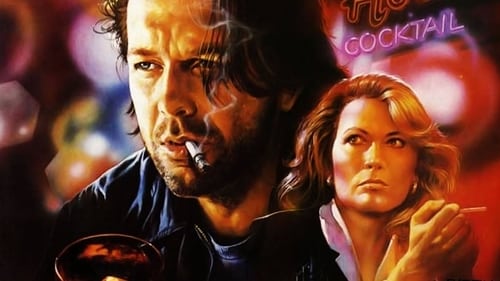
Bar Patron (uncredited)
Henry Chinaski é um escritor alcoólatra que inicia um romance cheio de contradições com Wanda Wilcox, outra frequentadora assídua dos bares de Los Angeles. Neste cenário, surge uma terceira pessoa que vai mudar a relação do casal.

Screenplay
Henry Chinaski é um escritor alcoólatra que inicia um romance cheio de contradições com Wanda Wilcox, outra frequentadora assídua dos bares de Los Angeles. Neste cenário, surge uma terceira pessoa que vai mudar a relação do casal.

Himself
The Charles Bukowski Tapes are an altogether more than four hours long collection of 52 short-interviews with the American cult author Charles Bukowski, sorted by topic and each between one and ten minutes long. Director Barbet Schroeder (Barfly) interviews Bukowski about such themes as alcohol, violence, and women, and Bukowski answers willingly, losing himself in sometimes minute-long monologues. Amongst other things, Bukowski leads the small camera team through his parents’ house and his former neighbourhood, but the largest part of the interviews takes place in Bukowski’s flat or backyard. The documentary includes a scene in which Bukowski reacts violently toward his wife Linda Lee.

More than 20 contemporary North American poets recite, sing, and perform their work. Early in the film, Charles Bukowski talks about the energy of poets and of a poem. These poets are the children of Walt Whitman and of Charles Olson, incantatory and oratorical, radical, sometimes incorporating contemporary political imagery. Black Mountain poets, the Beats, minimalists like John Cage, the wordless Four Horsemen, Tom Waits, and others capture aspects of poets as troubadours.
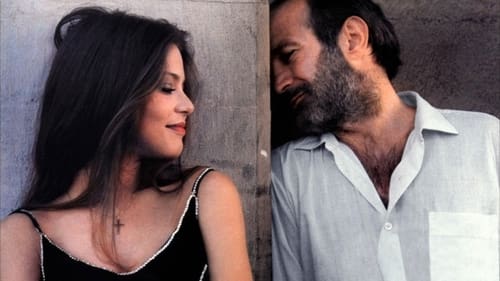
Writer
O poeta / palestrante Charles Serking desperta de sua neblina alcoólica o suficiente para pegar um ônibus de volta para L.A. e mergulhar em uma orgia de bebida e depravação sexual.

The Last Straw is a film documenting the very last live poetry reading given by Charles Bukowski at The Sweetwater, a music club in Redondo Beach, California on March 31, 1980
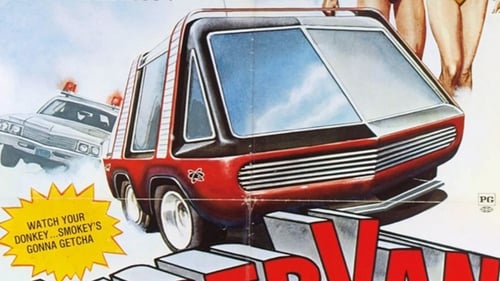
Cameo
A man named Clint enters a solar-powered van called Vandora into a competition called Freakout.

Charles Bukowski is filmed going to a poetry reading in San Francisco.

Charles Bukowski
In the spring of 1970 Charles Bukowski took his first plane trip for a poetry reading at Bellevue Community College in Washington state. That he was videotaped by two students apparently was later forgotten, but the tapes were recently rediscovered and have been released by Black Sparrow press. "Bukowski at Bellevue" gives us a fascinating glimpse of the man before he had to be concerned with how celebrity and financial security were affecting him. (It is said that this was only his fourth public reading.) This is Bukowski, then about 50, taken straight. No games, no irony, no self-consciousness--just an ordinary-looking guy, maybe hung over, sitting before a small group of students reading his work with gusto, humor and sensitivity. A man who clearly had lived the marginal life he wrote about with passion and at times a lyrical, even mystical beauty.


















